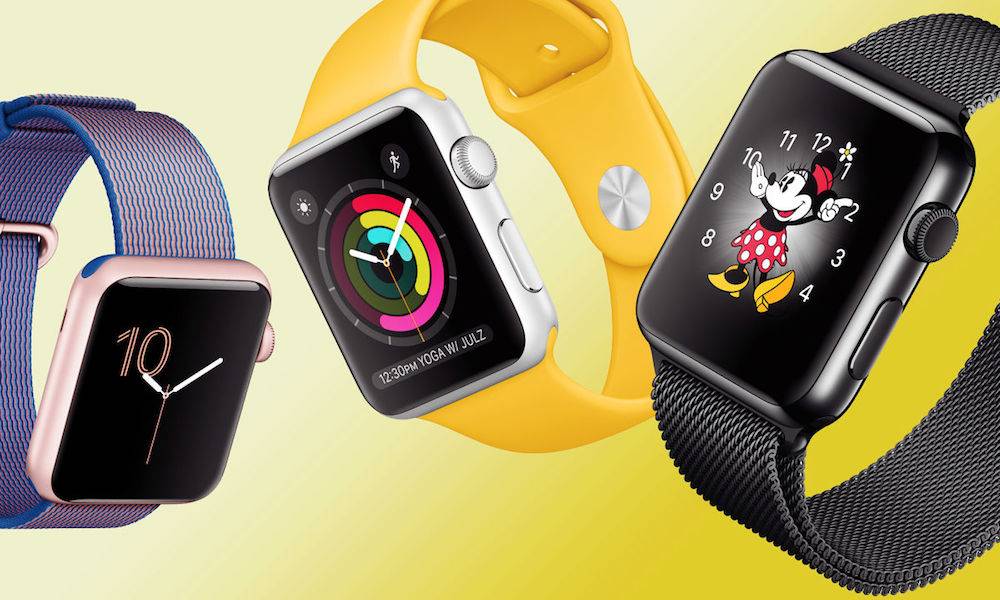Why 9 out of 10 Apple Watch Buyers Aren’t Choosing the Series 3
 Credit: Apple
Credit: Apple
Toggle Dark Mode
While mostly positive, Apple Watch’s market performance this year is a bit of a mixed bag for the Cupertino tech giant.
The latest data from Counterpoint Research’s Global Smartwatch Tracker indicates that the last year has been bittersweet for Apple, as far as the wearables market goes.
To be clear, Apple’s flagship wearable is still the market dominator with an estimated 41 percent share of the global smartwatch market. Its competitors aren’t even close, either. Fitbit, which comes in at second place, has about a 21 percent market share.
But Fitbit’s market share has grown significantly since this same time last year. In Q2 2017, Fitbit had about 8 percent of the market — meaning that its share climbed from 8 to 21 percent year-over-year.
By contrast, Apple’s slice of the smartwatch pie shrunk slightly from 48 percent in Q2 2017 to the current 41 percent estimate.
That’s not all bad news for Apple. Counterpoint estimates that the global smartwatch market, as a whole, has grown 37 percent year-over-year last quarter. In other words, there are still a lot of people buying smartwatches — and Apple Watches in particular.
Why Aren’t More People Upgrading to Series 3?
But the second piece of research from Counterpoint suggests that many of those buying Apple Watch aren’t opting for premium models.
The research firm estimates that nine out of 10 Apple Watch customers are buying the older (and less expensive) Apple Watch Series 1, rather than the latest Apple Watch Series 3.
“Despite initial hype and traction of cellular based Apple Watch Series 3 in the first two quarters, Apple iPhone users are actually choosing the Series 1 as a non-cellular option over Series 3 non-cellular model which is surprising to many industry watchers,” Counterpoint wrote in a press release.
More than that, it seems that the main reason people actually opt for the Apple Watch Series 3 is if they want a wearable with a cellular connection. For users who don’t want or need that feature, it seems they almost always go for the cheaper, less advanced model.
Counterpoint adds that this is great “from an ecosystem perspective.” But when it comes to the average selling price metric, Apple isn’t getting the same results it would from new iPhone models.
Apple is largely expected to debut a new Apple Watch Series 4 next month. That device, which is rumored to sport a larger display and battery, could be unveiled on Sept. 12.






